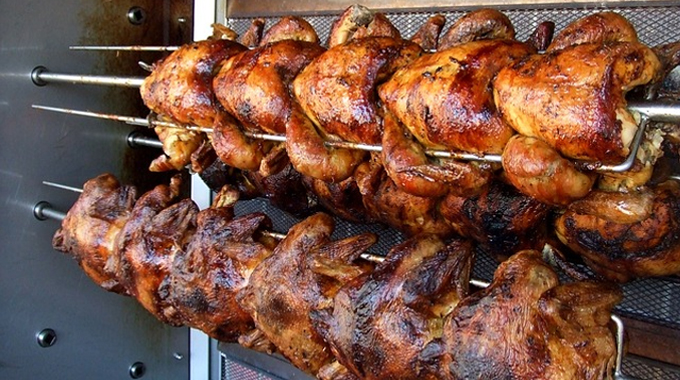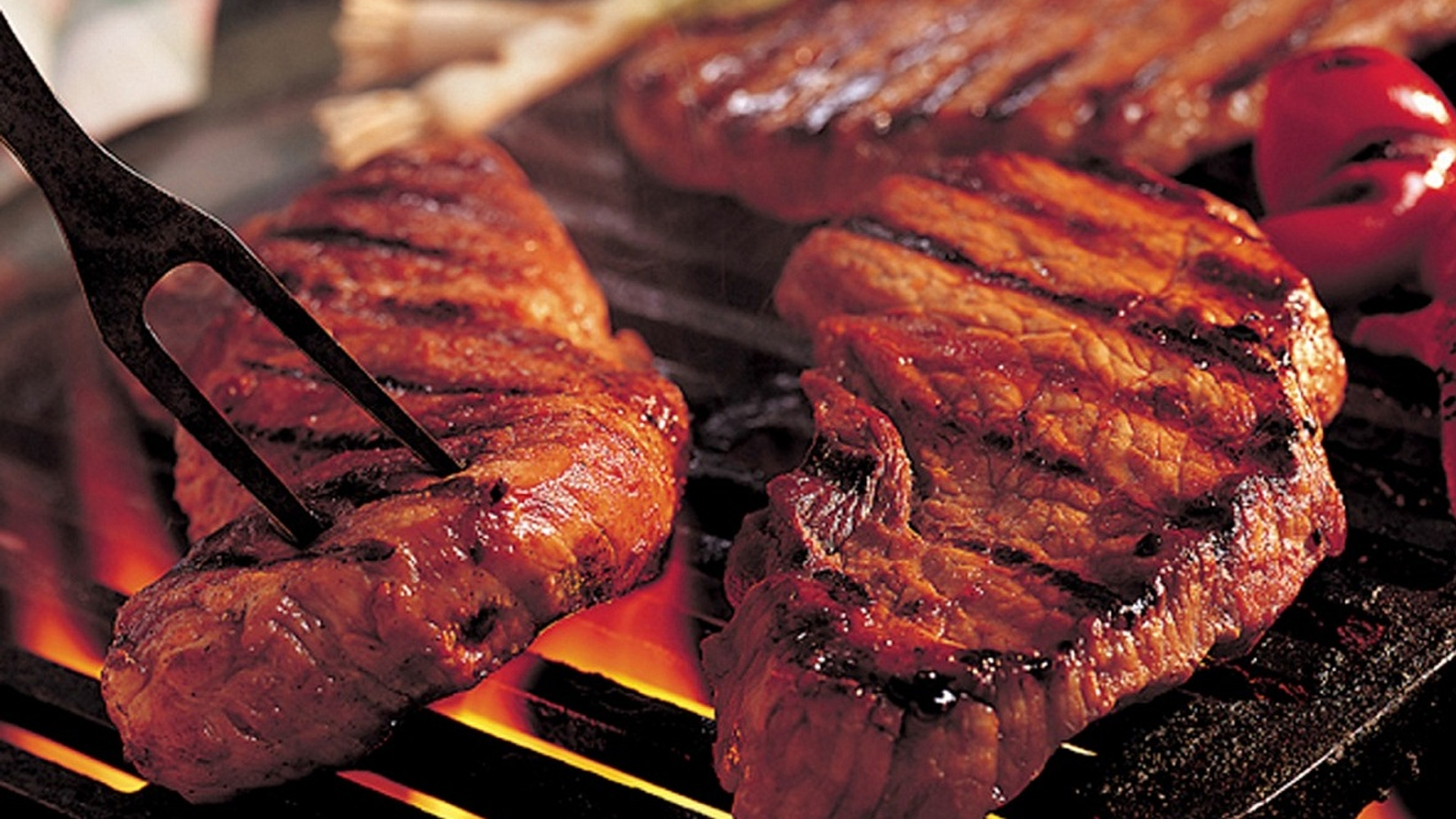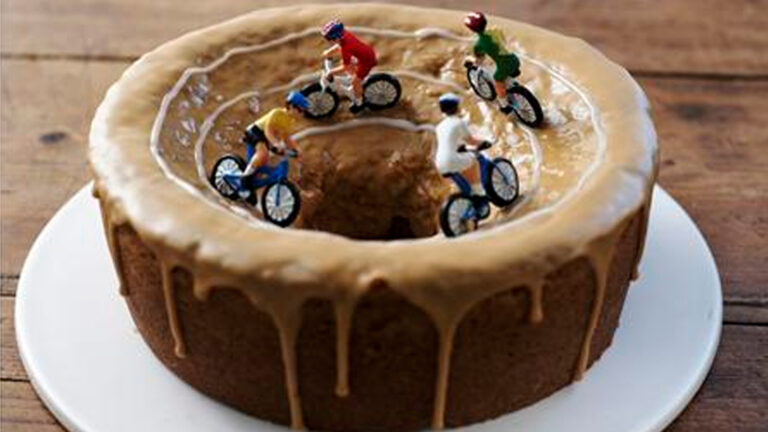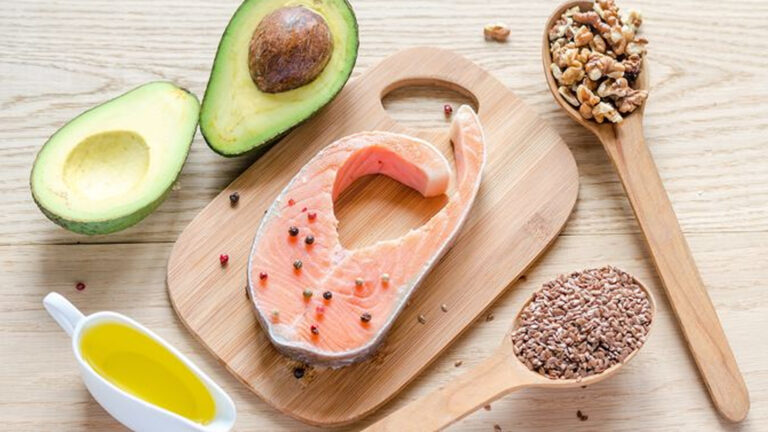As a result of popular diet trends in recent years, protein has been given a lot of headline space. Whether it’s shaking in the gym, high protein yoghurt or ‘super’ grains that contain a larger percentage of protein, it has become big business in the food and sports nutrition industries.
Protein: Are you doing it right?
We enlisted the help of Emma Barraclough, Senior Sports Nutritionist for SiS to try and tackle some of the most common myths around protein to help you understand your needs better and support your riding.
Myth: Protein is only important if you lift weights

We are all continually turning over protein naturally every day. Exercise increases the natural turn over of protein in the body, and the mechanical stress of exercise causes varying levels of muscle damage.
In order to support your lean muscle mass, you need a regular intake of high-quality protein. Your lean muscle mass is important; it is one of the biggest determinants of your resting metabolic rate. If you lose lean muscle mass, then your resting metabolic rate drops. This means that you don’t need as many calories to live on every day, meaning that you will gain weight over time if you do not reduce the amount you are eating in accordance.
Video: Strengthening the glutes
So getting enough protein in your diet in regular feeds is key in helping you manage your weight. Supplementing your diet with sports nutrition products such as SiS Whey Protein allows you achieve your protein target easily with high-quality protein that has low levels of both fat and carbohydrate.
Even if you are not lifting weights, regular cycle training will increase your need for protein. This is to help the rebuilding of your muscle mass from any damage that has taken place. If you have done a lot of long sessions you may well end up in a large energy deficit and can end up breaking your lean muscle mass down to make up this deficit. Feeding high quality regularly and immediately after training helps to overcome this.









